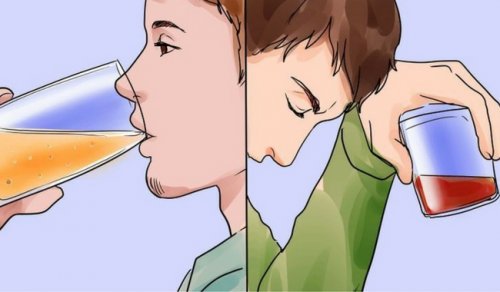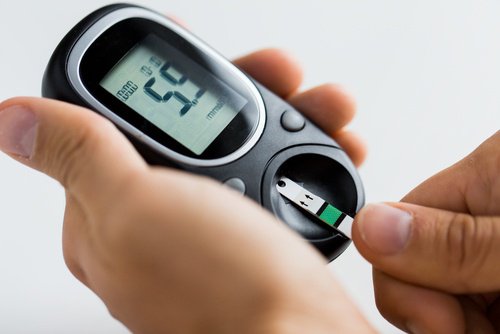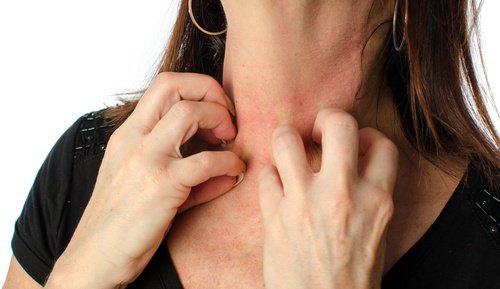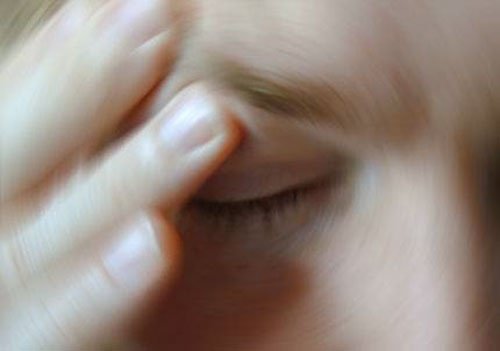10 Immediate Effects of Alcohol on Your Health


Reviewed and approved by the physical therapist Abel Verdejo
Alcoholic beverages have inevitably become a part of the many social events we share in. There are plenty of warnings about the negative health effects of alcohol. However, many people still drink too much or too often.
Some people may have the ability to control their urge to drink. However, others end up becoming addicted and start to depend on the effects it gives them. The most worrisome thing is that there are strong economic and social interests that prevent alcohol from being appropriately regulated.
Because of this, everyone should be more aware of the consequences and effects of alcohol consumption, and choose the amount that is most suitable for their health. Often, we don’t think about the immediate effects of alcohol, and that’s why today we’re going to describe them for you in detail.
1. The effects of alcohol: uncontrolled blood sugar spikes

Right after you consume an alcoholic beverage, your blood sugar levels either drop or rise considerably. This reaction can lead to us feeling weak, or even dizzy or disorientated.
Don’t forget to read: Regulate your sugar levels with just two ingredients
2. Irregularities in your heart rhythm
Excessive consumption of alcohol can speed up your pulse and cardiac activity. The toxins in alcohol don’t take long to travel through your bloodstream, and so they quickly affect the different systems of your body and heart.
3. Redness of the skin

4. Blurred vision
Problems with clear vision are among the most common effects experienced by those who don’t moderate their consumption of alcohol. Toxins that travel through the blood reduce your vision and cause it to become blurry.
This reaction is very dangerous, not just because it can negatively impact your vision in the long term, but because it causes an increase in the number of accidents.
5. Lack of coordination

Because of this, a drunk person risks falling or getting into a serious accident. It should also be noted that alcohol also affects inhibitions, and the capacity for self-control.
6. Digestive problems
Alcohol alters the natural pH of the stomach and, as a result, this can lead to irritation and inflammation of the lining that protects it from acidic gastric juices. This can cause the development of problems like gastritis and acid reflux.
In the long term, it can also lead to more serious complications, such as duodenal ulcers, stomach cancer, or cancer of the esophagus.
7. Dehydration
Your kidneys are the organ that suffer the most from excessive intake of alcoholic beverages. Because they become overworked trying to eliminate all those toxins through your urine, you also lose liquids and mineral salts that are essential for hydration.
8. Headaches
High levels of toxins and the difficulty your metabolism has at working fast enough to process the alcohol are the two reasons you have headaches after a night of drinking. That’s why it’s common for you to experience an increase in muscular tension and strong pains, like a migraine, hours after ingesting alcohol.
9. Vomiting

Some people aren’t even able to tolerate moderate amounts of alcohol, and, as a result, they experience this symptom immediately.
Do you want to know more? See: 8 Signs of Digestive Problems
10. Liver problems
Your liver is the main organ responsible for metabolizing the substances in alcohol. Because of this, excessive consumption affects it directly and can cause serious problems with its function.
If your level of intoxication is regular and uncontrolled, the liver becomes more fibrous and you develop what is known as cirrhosis of the liver.
As you’ve seen, under no circumstances should you drink too much alcohol. While it can be consumed occasionally, it’s best to learn to control how much you drink.
All cited sources were thoroughly reviewed by our team to ensure their quality, reliability, currency, and validity. The bibliography of this article was considered reliable and of academic or scientific accuracy.
- Boffetta P, Hashibe M. Alcohol and cancer. Lancet Oncology. 2006.
- Organisation WH. Global status report on alcohol and health. World Heal Organ. 2014.
- Schuckit MA. Alcohol-use disorders. The Lancet. 2009.
This text is provided for informational purposes only and does not replace consultation with a professional. If in doubt, consult your specialist.








